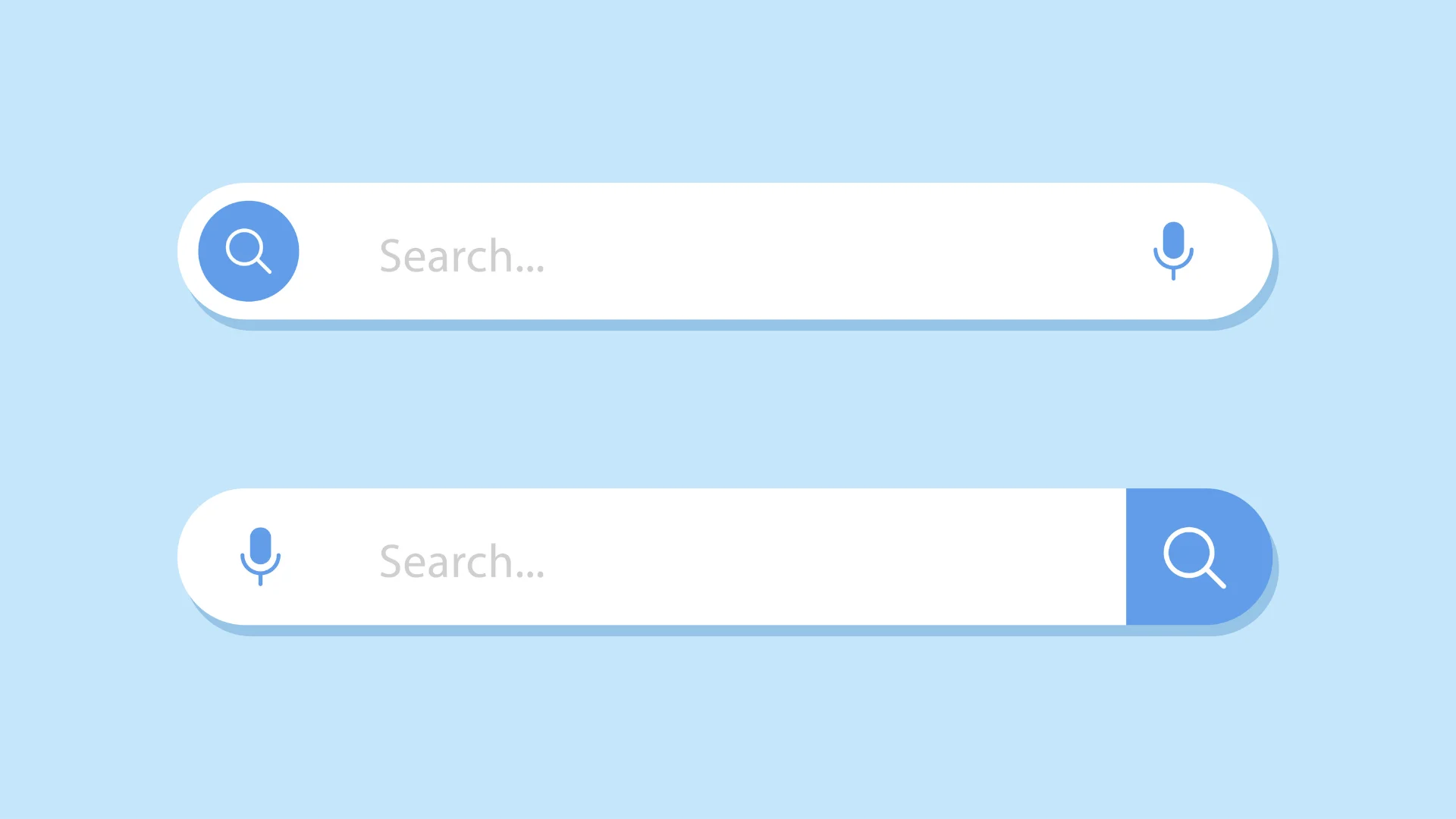Copyright Inc. Magazine

Last year, the Department of Justice won a ruling that found Google had secured an illegal monopoly, which many call a huge win against Big Tech. Since then, DC District Court Judge Amit Mehta has been deciding what to do about it. I hoped he would force Google to spin off Chrome or Android or give up its default status with device makers—any of the hard-hitting remedies proposed by the DOJ. When Mehta prescribed remedies in early September, I felt like Charlie Brown when Lucy swipes that darn football right out from under his feet. Based on the rulings: Featured Video An Inc.com Featured Presentation Google can’t be the only/exclusive default search, browser, assistant, or AI app on devices. It can’t force bundling or conditional licenses for its products, nor can it prohibit partners from offering Google’s apps alongside those of competitors. Google must share some of its search index data and search ad syndication data to competitors—once, not continuously—so they have a better shot at building rival products. None of these measures weakens Google or enables significant competition. Google can still make billion-dollar deals to retain its default status on devices and remain structurally intact. After the ruling, Google stock jumped 8 percent. A pathetic outcome for a five-year ordeal. Why? According to Mehta’s decision, the restrained decision was made out of “humility,” because Mehta has “no expertise” in search engines, online ads, or generative AI. He suggests a stauncher ruling would err by meddling in the trajectory of innovation. The ruling hopes that AI-native search competitors will disrupt Google’s hold on the search and ad ecosystem. This refrain of ignorance isn’t new. Governmental powers making legal decisions in this realm must quit singing it. A history of misunderstanding Must judges and lawmakers hold deep technical expertise to make good, impactful decisions or craft legislation around technology? No. Consider 1986’s Computer Fraud and Abuse Act (CFAA), the foundational statute criminalizing hacking. Ronald Regan kickstarted the CFAA after seeing WarGames, a thriller about a high school hacker who stumbles upon the back door to a military supercomputer and almost starts World War III. Many criticize the CFAA for being harmfully broad and vague. Despite amendments over the years that apply greater specificity, the CFAA remains imperfect. Still, it’s far better than nothing, and it shows how strong legislation can evolve. In 1998, the DOJ and 20 states accused Microsoft of an illegal monopoly after Microsoft began bundling its Explorer internet browser with its Windows operating system. The presiding Judge Thomas Jackson was notably unfamiliar with technology and the software industry. Still, he ultimately ruled that Microsoft had created an illegal monopoly. During the trial, an opinion piece published in the Washington Post described Jackson’s role as the “judicial Everyman in this case, grappling with the mysteries of tech wizards.” Jackson himself said generalist district judges should “acquire one way or another the knowledge that we need to decide almost anything.” He credited lawyers on both sides and his more tech-savvy law clerks for explaining the technical material. We believe he’s right. Judges are responsible for obtaining enough understanding to make sound decisions. We can’t keep taking their word for it We can’t trust CEOs like Mark Zuckerberg and Sam Altman to shed light on emerging technology or self-regulate their platforms. Congress is simply unequipped to hold Big Tech to account, according to expert opinions. Zuckerberg has given sketchy answers on Cambridge Analytica, Meta’s data collection practices, and the harms Meta products have inflicted upon children. Before Congress, he and other CEOs get by with some version of, “This is bad, we’re sorry it happened. It isn’t our fault, but we’ll do some things to fix it.” Altman got ahead of these kinds of confrontations, holding lawmakers’ hands and walking them into his narrative. In 2023, Altman debuted ChatGPT in its nonprofit form while advocating for AI caution and sensible regulation. By 2025, billions of dollars later, he’s tossing regulation aside under the guise of cementing America’s AI dominance, sentiments immediately echoed by lawmakers. As recently as May 2025, Altman quashed Senator Amy Klobuchar’s question about AI hallucinations (which she had only just heard of), assuring her that “users are smart” and “people understand what they can do and what they can’t.” Despite constant assurances that hallucinations would disappear, it appears they’re getting worse. Meanwhile, the AI giant has drastically increased its lobbying efforts. Third-party experts do exist The government has worked to bridge the educational gap between technicians and legislation, first with the Office of Technology Assessment (OTA), started in 1972 and defunded in 1995, and more recently with the office of Science, Technology Assessment, and Analytics (STAA). The STAA guided the CHIPS Act in response to the COVID semiconductor shortage, a huge victory for Congress and the American economy. Why could these experts not be brought to bear in landmark cases against Big Tech? I don’t care how judges and courts achieve the understanding necessary to make effective rulings and regulations around Big Tech. But I do know it’s a travesty for these years-long trials to end in a judicial shrug. It sets dangerous precedents, wastes millions of taxpayer dollars, and gives the green light to other monopolistic forces.



